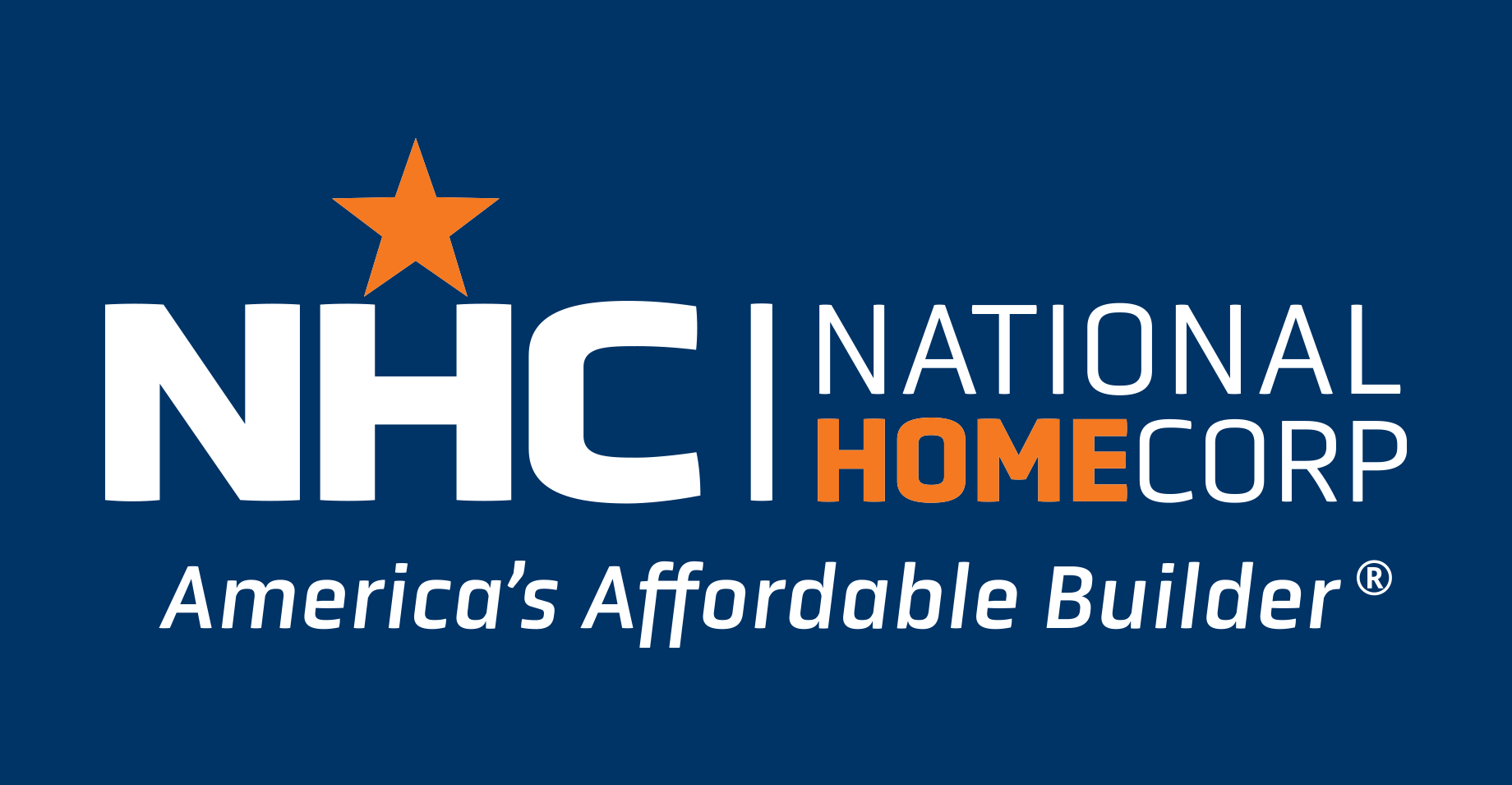Blog

June 20, 2024
The Buyer’s Guide to Choosing New Construction Homes vs. Rent-to-Own
This probably won’t come as much of a surprise: the housing market isn’t quite what it used to be. For many first-time buyers, it can seem like a minefield. Why won’t the good old days of $12,000 pricetags come back? It’s not all doom and gloom, though. There are ways to find the right home for your lifestyle and budget. In this blog, we’ll break down the potential benefits of buying a new construction home vs. rent-to-own. So, how do rent-to-own homes work? And why might new construction homes be better for you in the long term?
What are Rent-to-Own Homes? How Do They Work?
Before we go too in-depth into new construction homes and their potential benefits, let’s start by establishing how rent-to-own homes work. Simply put, a rent-to-own home gives home buyers an alternative to making a down payment. In this agreement, the tenants will pay a set amount each period in rent with an option to purchase the home at a later time. This allows prospective homeowners to continue saving for a down payment while still enjoying all the benefits of having their own space. Sounds easy. What could possibly go wrong? Well, there are a number of potential downsides to the rent-to-own route:
1. Higher Monthly Costs
You guessed it, renting sucks. With rent-to-own homes, you may find yourself paying a fair bit more each month than you would with a traditional mortgage. Now, why is that? To start, most rent-to-own agreements set aside a certain portion of the rent to go towards a future down payment on the home. Think of it like paying an extra fee on top of the base rent price set by your landlord.
2. No Guarantees of Ownership
On top of the potential for higher monthly costs, you may not even land the home at the end of your rental period. It is important to carefully read through any agreement you sign with a landlord in the event you decide on renting to own. This is because rent-to-own homes come with the risk of forfeiture in the event you do not meet the agreed-upon terms of the initial contract.
3. Market Risks
Compared to new construction homes, rent-to-own homes could be negatively affected by fluctuations in the housing market. For example, if home values do not rise during your renting period, you may end up overpaying when it is all said and done. And forget about customizing the home to your preferences. On top of market risks, you probably won’t have much control over how the house looks and feels while renting to own.
The Pros and Cons of New Construction Homes
So, we know how rent-to-own homes work. Let’s answer the million-dollar question: Are new construction homes better?
Drumroll, please…
If you have the money saved for a down payment, a new construction home comes with many benefits that are delayed (or don’t even exist) in a rent-to-own setup:
1. Immediate Equity
Homes are one of the greatest tools for building generational wealth for you and your family. When you buy a new construction home, your mortgage payments are immediately going towards ownership, unlike monthly rent payments that primarily benefit your landlord in the long term.
Now, a potential con for first-time homebuyers is a higher up-front cost compared to rent-to-own. Between down payments, deposits, and even broker fees, it can feel a bit overwhelming. However, if you have the money saved up, these costs are often more than worth it. The key is to find a home-building partner like NHC that can help offset some of these costs by contributing to closing costs or rates.
2. Control Over the Property
That new patio you’ve always wanted? A fun coat of paint for your newborn’s bedroom? A kitchen island? Mancave? Consider it all done. When you choose a new construction home over a rent-to-own option, you give yourself the flexibility and freedom to make it your own. You’ll never have to worry about landlords peeking over your shoulder again.
3. Financial Freedom
Compared to rent-to-own, closing on a new construction home will grant you more financial flexibility throughout your mortgage. If the value of your home rises, you’ll instantly add to your growing equity. If interest rates drop, you may be able to refinance your loan to lower payments. This can save homeowners a lot of money over the years.
Like rent-to-own, though, it is important to take time to understand the terms of your financial agreement whether or not you buy a new construction home. Another potential downside can be uncertainty around specific costs and fees associated with building the home. This is why transparency around pricing is crucial.
National Home Corp: America’s Affordable Homebuilder
All those benefits of new construction homes sound great, but what’s the price? At National Home Corp, let’s just say you’ll be living large for less. Our high-quality, newly-built homes offer homeowners that space they’ve always dreamed of at a price that they can afford. And the best part? There’s only $1,000 due as a deposit. Yes, really. If you have any questions about our home-buying process, be sure to contact our team today!

FAQs
Is buying a brand-new home a good investment?
Buying a new construction home can be a great investment in the long term, especially if it aligns with your personal and financial goals.
Is it better to build a house or buy one already built?
This will mainly depend on your budget and preferred living area. Homes that are already built may come at a cheaper price, but building a new home allows you to truly decide where you’ll live.
Are new homes built better than old homes?
New construction homes tend to come with more modern features, including appliances, electronics, and even smart home technology. However, older homes can still be renovated to match your desired look and feel.
